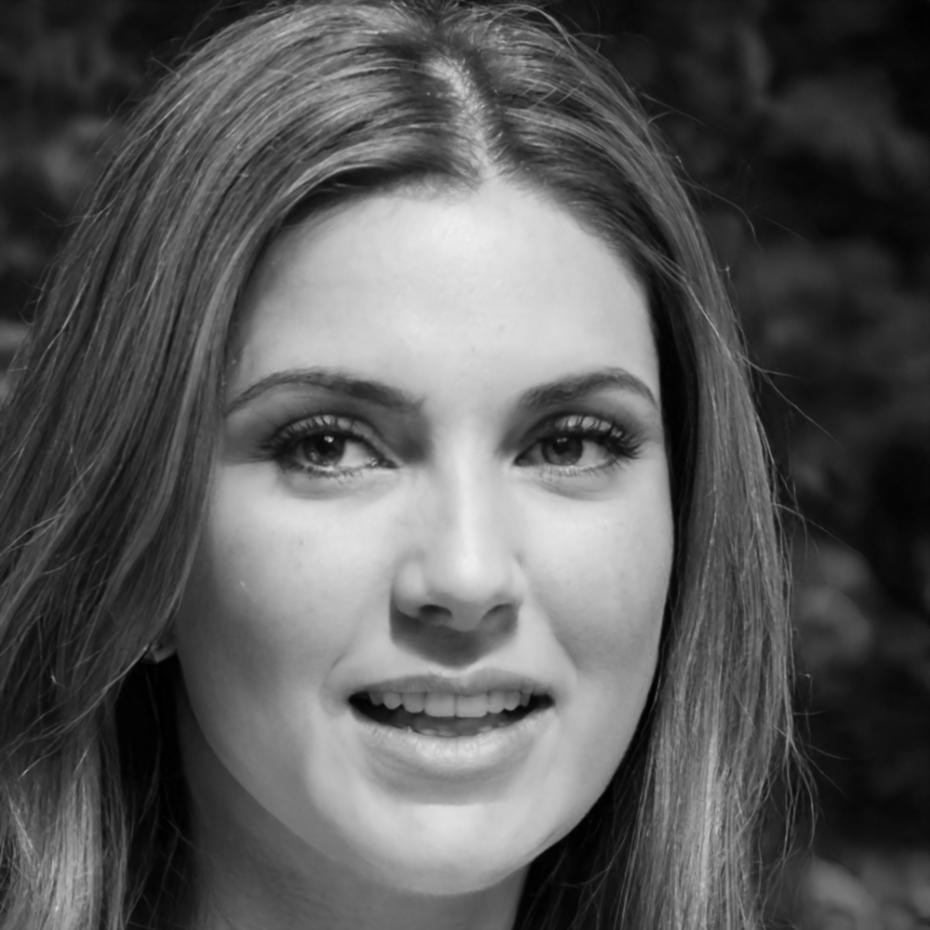Budget Management for International Students in Thailand
Living abroad brings financial challenges that most students aren't prepared for. We help you build practical money habits that work with student life, not against it.
Our programs start in September 2025 and focus on real scenarios you'll face in Thailand—from managing baht accounts to handling unexpected expenses without calling home every week.
What We Actually Teach
These aren't theoretical concepts. Every principle comes from working with hundreds of students who've navigated Thai banking systems, visa requirements, and the very real stress of making limited funds last.
Currency Awareness
Exchange rates feel abstract until you lose 800 baht on a poorly timed transfer. We teach you when to convert money and when to wait.
Last year, Ingrid from Denmark saved 12,000 baht over her visa period by tracking THB-EUR patterns and converting during favorable windows.
Emergency Planning
Medical bills, visa extensions, travel delays—stuff happens. But you can prepare for it without sacrificing your daily quality of life.
When Luka's laptop died three weeks into term, his emergency fund meant repair time instead of scrambling for loans or missing coursework.
Local Cost Navigation
Tourist prices versus local prices make a massive difference. We share the knowledge that helps you live more affordably without compromising safety or quality.
Students who complete our market orientation module typically reduce their food expenses by 30-40% within the first month.
Banking Relationships
Thai banks have different rules for international students. Knowing which accounts offer what benefits saves you from unnecessary fees and hassles.
Simple things like using the right ATM network or understanding transfer limits—details that add up to thousands of baht saved annually.
Documentation Habits
Visa extensions require proof of funds. Tax documents might be needed for home country requirements. We help you build systems that keep everything organized.
Petra spent two stressful days gathering bank statements for her visa renewal. Now she maintains a simple folder system that takes five minutes when needed.
Social Spending Balance
Student life involves social activities. We don't tell you to skip everything—we help you budget for experiences without derailing your financial stability.
Weekend trips to islands, night markets, concerts—there's a way to participate that doesn't mean eating instant noodles the following week.

Why This Matters Now
Most financial education is designed for people with steady income and stable living situations. That's not student life, especially when you're navigating a new country.
Our approach acknowledges that you're dealing with limited funds, irregular income from part-time work or family support, and the unique expenses that come with education and visa requirements in Thailand.
Questions Students Actually Ask
These come from real conversations. If you're wondering about something not covered here, reach out—we probably have an answer based on someone else's experience.
Before You Arrive
How much money should I bring for the first month?
Plan for 35,000-45,000 baht beyond tuition and housing deposits. This covers food, local transport, SIM card, initial supplies, and small setup costs. Some students manage on less, but having buffer room reduces stress during adjustment.
Should I open a Thai bank account before arriving?
Not really possible or necessary. Most banks require you to be physically present with your passport and visa documentation. We help you identify which banks work best for student accounts and what documents to bring for a smooth setup.
Can I work part-time to support myself?
Student visa regulations are specific about work permissions. We cover the legal framework and help you understand what's allowed, what requires additional permits, and how to budget around uncertain income.
During Your Studies
What if I run out of money mid-semester?
This happens more often than people admit. We teach warning sign recognition and intervention strategies before crisis hits. Plus practical options for emergency funds that don't involve predatory lending.
How do I handle money during holiday breaks?
Travel home or stay in Thailand—both have budget implications. We walk through decision frameworks that consider all costs, not just flight tickets. Sometimes staying is cheaper overall, sometimes going home makes more financial sense.
Should I get a credit card here?
Thai credit cards for international students involve specific requirements and interest structures. We explain the actual costs, when it might benefit you, and alternatives that provide similar convenience without credit implications.
Planning Ahead
When does the program start and how long does it run?
Main intake begins September 2025 with orientation workshops before term starts. The core program runs through your first academic year with optional advanced modules in year two. Early enrollment opens June 2025.
What happens to my Thai bank account when I leave?
Closing accounts properly matters for future visa applications and avoiding abandoned account issues. We cover exit procedures that leave everything clean for potential return trips or future opportunities in Thailand.


Student Experiences
I thought I had budgeting figured out from living away from home in Istanbul. Thailand was completely different—different costs, different systems, different unexpected expenses. This program taught me to adapt my habits instead of trying to force my old approach onto a new context.
The exchange rate anxiety was real for me. Every time I checked EUR to THB, I'd stress about converting money. Learning to set conversion schedules and stop checking rates daily honestly improved my mental health as much as my finances.
Ready to Get Your Finances Sorted?
Early enrollment for September 2025 intake opens in June. Spaces are limited because we keep groups small enough for individual attention. Get in touch now to learn more about the program.
Contact Us About Enrollment